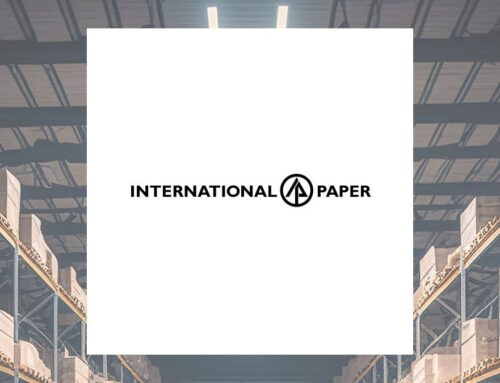Laudato si’: Pope Francis on the environment
April 21, 2025
A look at Laudato si’, Pope Francis’ radical encyclical on care for the environment, which has been praised as “the most important piece of intellectual criticism in our time”.
By Joseph Tulloch
Of the many encyclicals, Apostolic Exhortations, and open letters that Pope Francis produced during his twelve-year pontificate, it’s probably fair to say that none made as much of an impact as Laudato si’.
Published in 2015, this encyclical letter was the first ever written by a Pope on the subject of the environment—and it went on to make waves both inside and outside the Church.
UN Secretary-General Ban Ki-moon praised the document for its “moral voice,” while the Indian novelist Pankaj Mishra called it “arguably the most important piece of intellectual criticism in our time.”
Laudato si’ also had an impact on policy. The encyclical is often credited with helping to build consensus in the run-up to the 2015 UN Climate Change Conference in Paris, at which 196 countries signed a treaty pledging to keep global warming to below 2°C.
From contemplation to action
Laudato si’ combines, on the one hand, striking, and at times poetic, theological reflections on the importance of care for the natural world with, on the other, calls for radical political action.
The Pope writes, for instance, that “The universe unfolds in God, who fills it completely. Hence, there is a mystical meaning to be found in a leaf, in a mountain trail, in a dewdrop, in a poor person’s face. Standing awestruck before a mountain, we cannot separate this experience from God” (233).
These meditations lead the Pope to condemn “politics concerned with immediate results, supported by consumerist sectors of the population” and “driven to produce short-term growth.”
What we need, he says, is “a new way of thinking about human beings, life, society and our relationship with nature” (178).
The case for ‘integral’ development
Central to Laudato si’ is the idea of ‘integral ecology’—the notion that the climate crisis is intrinsically linked to our present day social, political, and economic problems, and cannot be addressed in isolation from them.
“We are faced not with two separate crises, one environmental and the other social,” the Pope writes, “but rather with one complex crisis which is both social and environmental.”
Thus, he says, we need “an integrated approach to combating poverty”, one which “protects nature” while at the same time “restoring dignity to the excluded” (139).
This leads Pope Francis to argue for “integral human development,” or development which does not prioritise economic growth and technological progress above all else. While growth is important, the Pope says, we must ensure that it is promoted in tandem with other things of value, including the natural world, human culture, the poor and vulnerable, and animal life.
Laudato si’ in practice
One of the major consequences of Laudato si’ was a significant increase in Catholic environmental activism.
Several new Catholic environmental organisations were founded in direct response to the encyclical, from the global Laudato Si’ Movement to the Laudato Si’ Research Instituteat Campion Hall, Oxford.
Other, pre-existing organisations—including Caritas Internationalis, the Catholic Church’s charitable arm—expanded their work on environmental questions.
There is even some evidence, published in a 2019 article in the journal Biological Conservation, that Laudato si’ led to a worldwide increase in interest in environmental issues – an increase especially prominent in, but not restricted to, Catholic countries.
Climate, instability, and war
Over the past few years, environmental issues have slowly receded from the global agenda. Many countries are now rolling back climate measures in order to focus on economic growth or rearmament.
Such decisions are responses to important changes in the geopolitical environment. Leaders, however, would do well to bear in mind the Pope’s warning that “peace, justice and the preservation of creation are three absolutely interconnected themes, which cannot be separated and treated individually” (92).
The climate crisis, if left unaddressed, will lead to greater resource scarcity, migration, and inequality, all factors that increase instability and conflict.
Or, as the Pope puts it, in an understated phrase that sums up the entire spirit of Laudato si’:“Everything is connected.”
Search
RECENT PRESS RELEASES
Related Post





